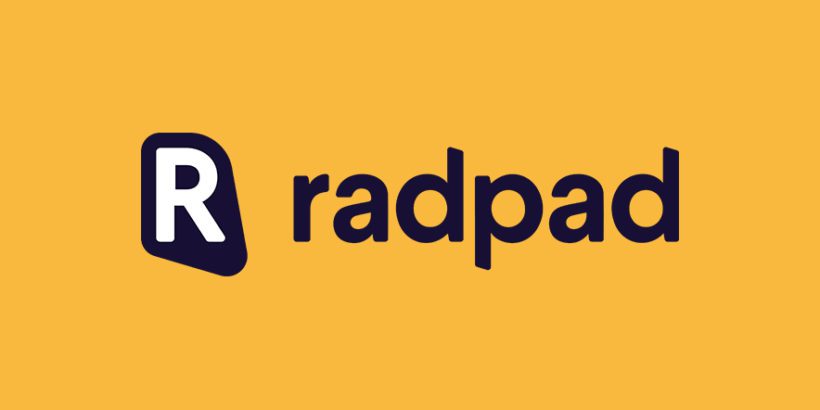RadPad is an online service that allows users to pay their rent with their credit cards. You simply link your credit card to your account, set up the payment information, and then RadPad sends your landlord a check via mail (for a fee) and doesn’t require your landlord to be a member or sign up for anything. It’s a simple process and a great way to meet minimum sign-up bonuses for your credit cards.

Where did RadPad go?
RadPad had some serious troubles last fall in 2016. They were experiencing some financial woes but many believe they were not being forthcoming about their situation. This was the case despite the fact that users were reporting instances of bounced checks to their landlords! Then there were layoffs, the short-lived Andriod pay promotion, and the infamous auction where a Redditor reported that RadPad was auctioning off office equipment. And finally, there was the “data scraping” lawsuit from Craig’s List. In short, this start up was under some serious fire.
How did they come back?
RadPad was purchased by Dallas-based LandlordStation (for an undisclosed price), according to TechCrunch. The RadPad founder and CEO, Jonathan Eppers, stepped down but is said to be “staying on in an advisory role” and a few other employees are staying on board as well.
Why do we care about RadPad?
RadPad offered rent payment services so that you could easily meet minimum spends or just earn bonus points on rent payments. They take a 2.99% service fee on credit card payments, which is why some others happily stayed or switched to Plastiq during the whole fiasco, since they only charge 2.5%. In addition, Plastiq has the option of also paying other bills, such as tuition, car payments, utilities, and a number of other services.
However…
RadPad was unique in that when you made payments through Apply Pay or Android Pay (through their app), the purchase was coding as travel for the Chase Sapphire Reserve, so many customers were earning 3X on rental payments, which more than made up for the higher transaction fee of Plastiq.
It remains to be seen how these purchases will code on the new and improved RadPad, however. In fact, it remains to be seen just how successful RadPad will be in its second run and if operations will be even be stable. Many former users seem reluctant to jump back on board due to the previous instability and others have had bad experiences with customer service.
Thus, there’s some degree of risk involved with using this service right now, and considering that most payments will be for large sums of funds that need to be timely delivered to landlords, you may want to sit back on this one for a while and wait and see how smooth RadPad’s return ends up being.
Daniel Gillaspia is the Founder of UponArriving.com and the credit card app, WalletFlo. He is a former attorney turned travel expert covering destinations along with TSA, airline, and hotel policies. Since 2014, his content has been featured in publications such as National Geographic, Smithsonian Magazine, and CNBC. Read my bio.

